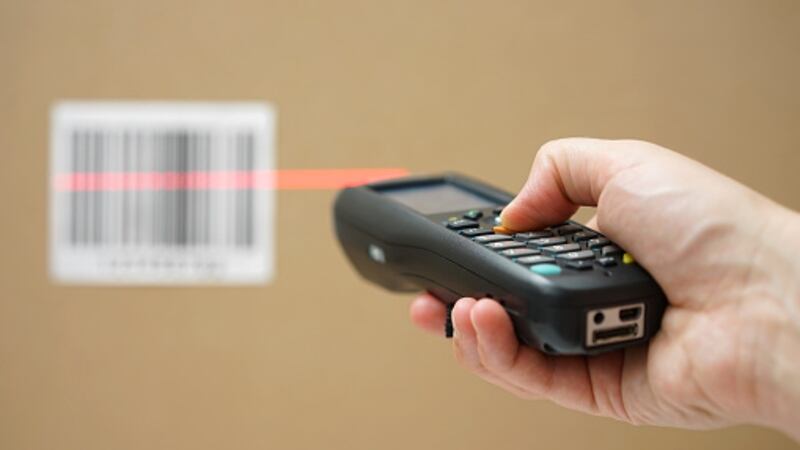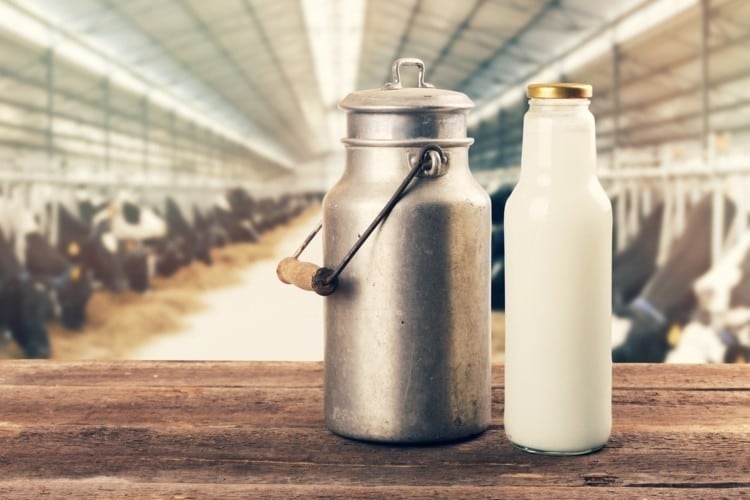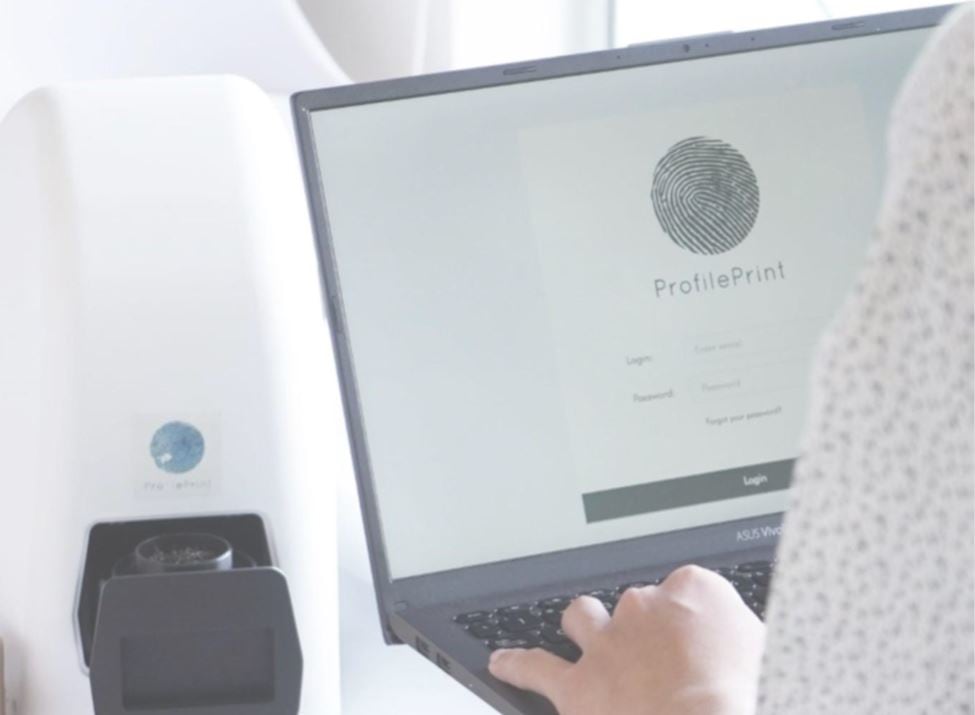The application was launched by the South Korean Ministry of Food and Drug Safety as a pilot programme this month, aiming to advance food safety practices surrounding imported food products in the country at the consumer level.
“The Imported Food Search Lens is a pilot service in the development of image recognition technology enabling consumers to easily check product history and safety information,” said MFDS Minister Kim Gang-lip.
“When consumers connect to the app and use this to take a picture, a lens that can recognize Korean labels on food product packaging will be activated, and pictures taken will be analysed using the latest Optical Character Recognition (OCR) technology to automatically extract characters such as product name, manufacturer name, etc. and then bring consumers to food safety information related to the product.”
OCR is a technology which text which is typed, handwritten or printed in documents, photos or images is recognised and extracted, then transformed into machine-encoded editable and searchable text.
“This will also enable consumers to easily directly check whether a food product is locally-made or imported, and they will also have direct access to online information on whether the product has been flagged for food safety issues in the media or other platforms in any other countries,” said MFDS.
“This service is expected to help improve food safety information access as it makes it possible for consumers to easily check the safety information of imported foods with only a mobile phone in daily life – MFDS will be looking at improving this further.”
This application also enables consumers to make such safety checks based on just pictures, regardless of whether or not the food product is part of any particular food traceability programmes or has relevant QR codes, taking users directly to information available in the ministry’s database and online.
Key highlighted information that consumers will be privy to via this app prior to purchasing or consuming a product include country of manufacture, import date of entry to Korea, suspension or recall status of product, reasons for suspension/recall and so on.
Just the first
This is only MFDS’ first pilot app for food safety technology though – according to Kim, the ministry is currently also pursuing research into other such technologies and programmes.
“MFDS is currently also looking into another project called the ‘Research on Imported Food Safety Information Delivery System Using Advanced Communication Technology’ – this project will develop information transmission technology allowing consumers to check imported food safety information even more conveniently using optical or voice recognition technology,” he said.
“This research is currently ongoing at the Daegu Gyeongbuk Institute of Science and Technology (DGIST) and will take place over five years from 2021.
“From here, a unique classification code for imported products will be created and displayed on product packaging, or products will be recognized by artificial intelligence (AI) technology. The aim here is to develop technology that automatically identify products and provide the relevant safety information.”
This is likely part of South Korea’s renewed focus on its food safety strategy this year. MFDS has announced a strong focus on meat safety – particularly imported meats – as a key focus for the first half of 2021, and its half-year plan also highlighted technology and consumer education as important factors, such as this app.





